Stereotypies – Lets stop calling it ‘the autism’
Within my autism fruit salad, I have had tics since age two. At that time I was compulsively tensing my stomach muscles and coughing repeatedly against the force to the point I was coughing blood… not nice. Later these progressed into blinking tics, vocal tics, some motor tics like claps, slaps, hair flicking, facial tics like face stretching and grimacing… will make one look like quite a nut case, especially if one also is not functionally verbal! Yet Tourette’s tics occur in those with and without autism and those who are verbal and those with significant communication disorders too.
Now stereotypies are different to tics, nor are they necessarily self stimulatory behaviours, or stims. Mine including throwing myself repeatedly back into a chair, finger flicking, hand flapping, head shaking, front foot-back foot rocking, side to side rocking, hand weaving, head weaving and humming. 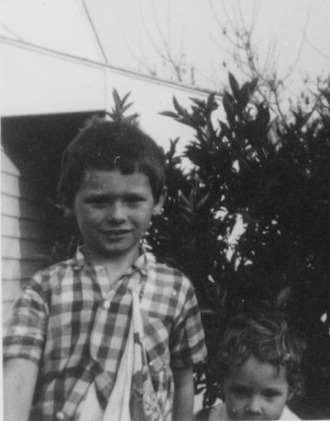
These were met with ridicule, with being slapped, punched, essentially people allergic to seeing, living with or having a child who ‘behaved like one of those spastics’.
So not surprisingly my stereotypies were eventually commonly extinguished as soon as they came out in public, excused as part of my tics, or I simply preferred not going out or being around people so they didn’t matter.
In short, stereotypies were ‘autistic stuff’.
And as a kid diagnosed psychotic at age 2 in the 60s when autism was Childhood Psychosis, you didn’t get namby pamby treatment for having ‘autistic stuff’, you got restraint, you got hit, you got ridiculed, you got excluded and most of all, you got the clear message that you could be a human being as long as you didn’t do ‘that stuff’.
So to my surprise I found the definition of Stereotypies hadn’t changed and was still preserved for those with autism and mental retardation but then I found the most wonderful clips on You Tube. The children with the Stereotypies were not necessarily disabled at all! In other words, like Tourette’s tics, one could have Stereotypies with or without autism, with or without severe neurological or cognitive impairments, with or without developmental disabilities. These clips showed children who at first glance appeared ‘severely autistic’ and as soon as they stopped the stereotypies, they appeared to be like any other non autistic child. The implications of this were important. It meant that if those with autism who had stereotypies were deemed less intelligent because of them, in special schools because of them, then clearly these had no necessary relationship to the person’s diagnosis of autism. What’s more, it meant that it was more the fact these occurred in communicatively disabled people that meant people were free to project all manner of assumptions on to them. And the autistic community, too, has done so. The assumptions of high and low functioning for example and projections of who is therefore more intelligent than whom. Obviously, those making those assumptions have something going on in the ignorance department.
Donna Williams, BA Hons, Dip Ed.
Author, artist, singer-songwriter, screenwriter.
Autism consultant and public speaker.
http://www.myspace.com/nobodynowherethefilm
http://www.donnawilliams.net
http://www.aspinauts.com
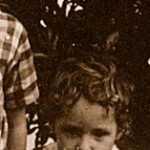
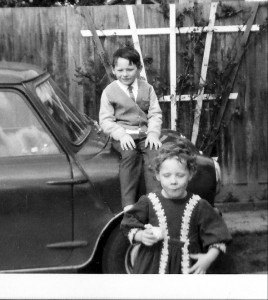
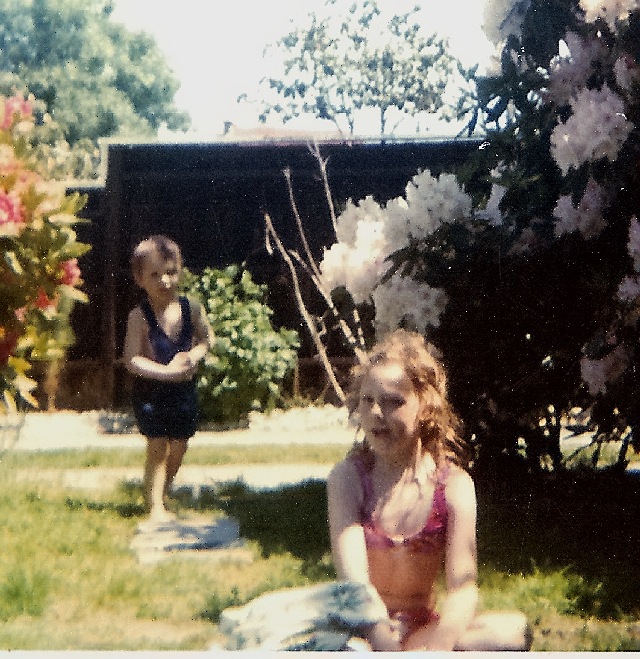
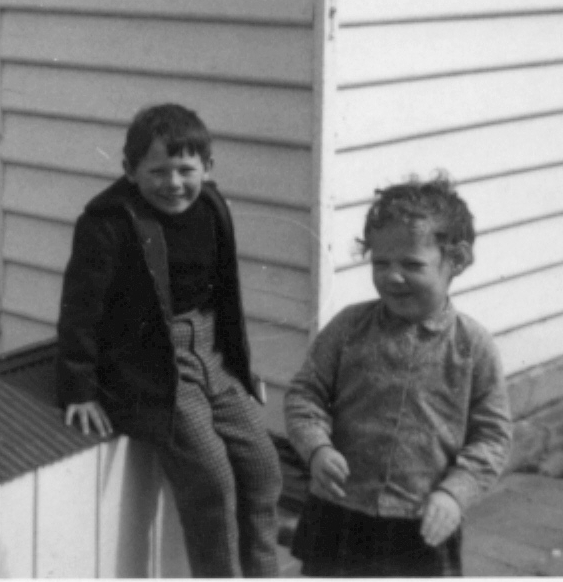

What saddens me is not just the assumptions about high and low functioning ( I hate that expression describing a human being as being some kind of low functioning life form) and projecting who is “intellegent”. What saddens me the most as a parent is the stigma that seems to be attached to having an intellectual disability. The need for people to make it oh so very clear that they or their children are “high functioning” the separating of themselves or their children from those who may have an intellectujal disability or are more “classically ” autistic. We call out for inclusion and acceptance from others but aren’t doing it ourselves.